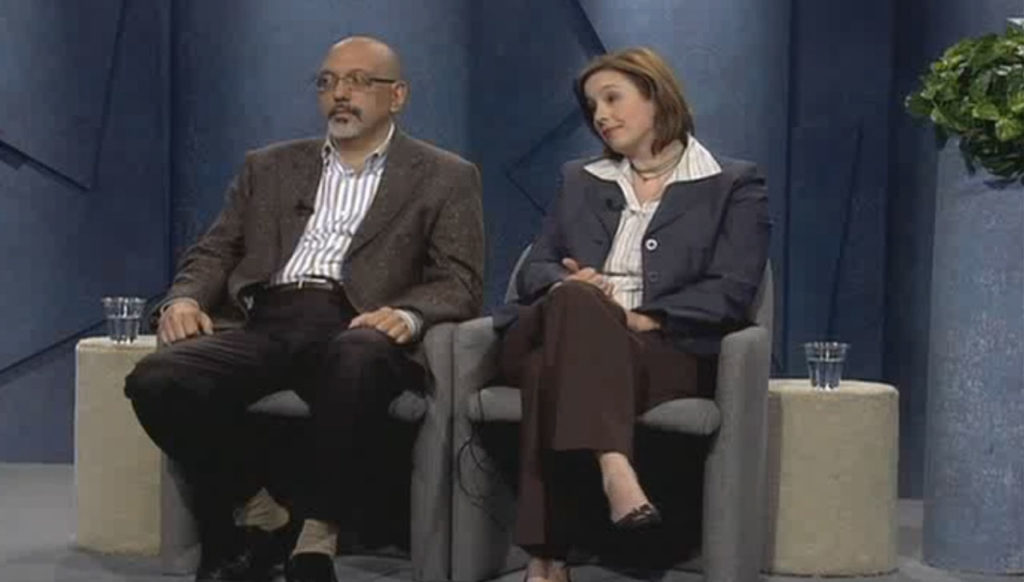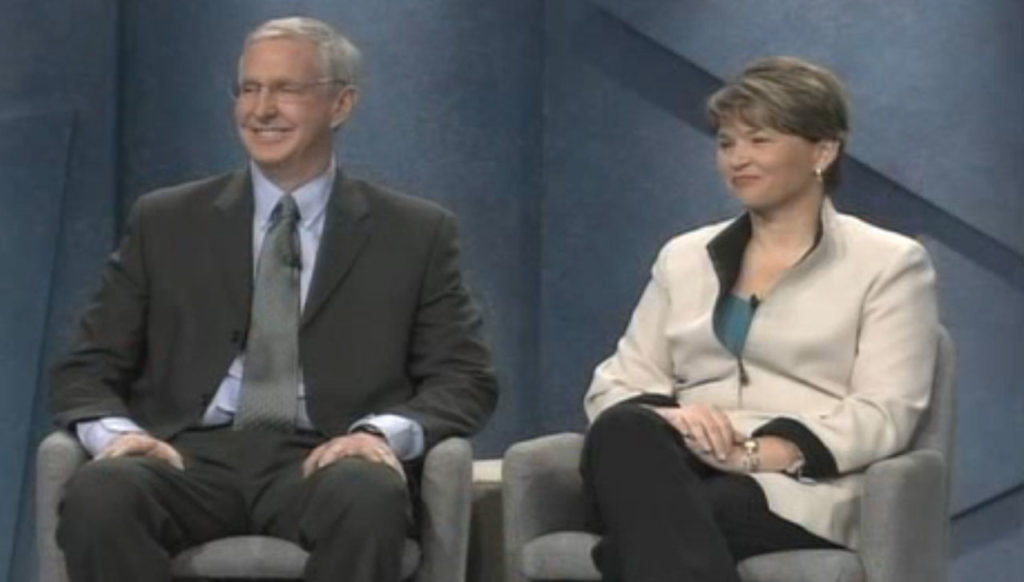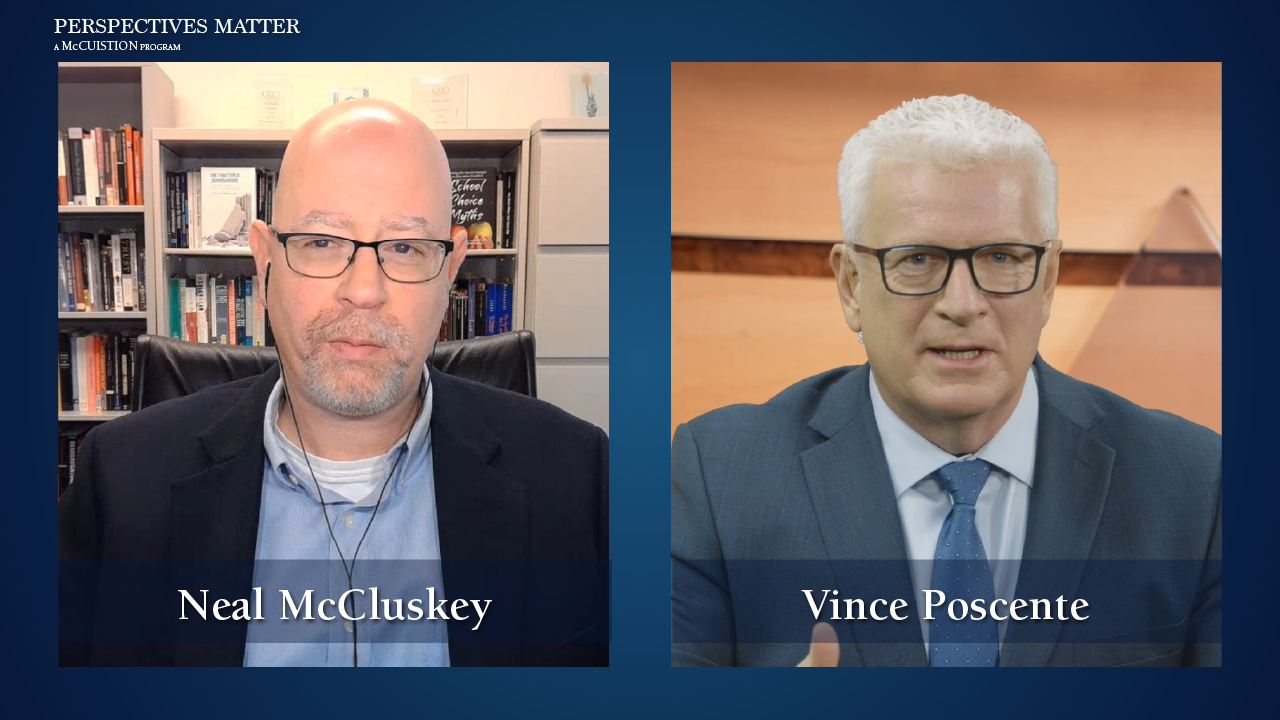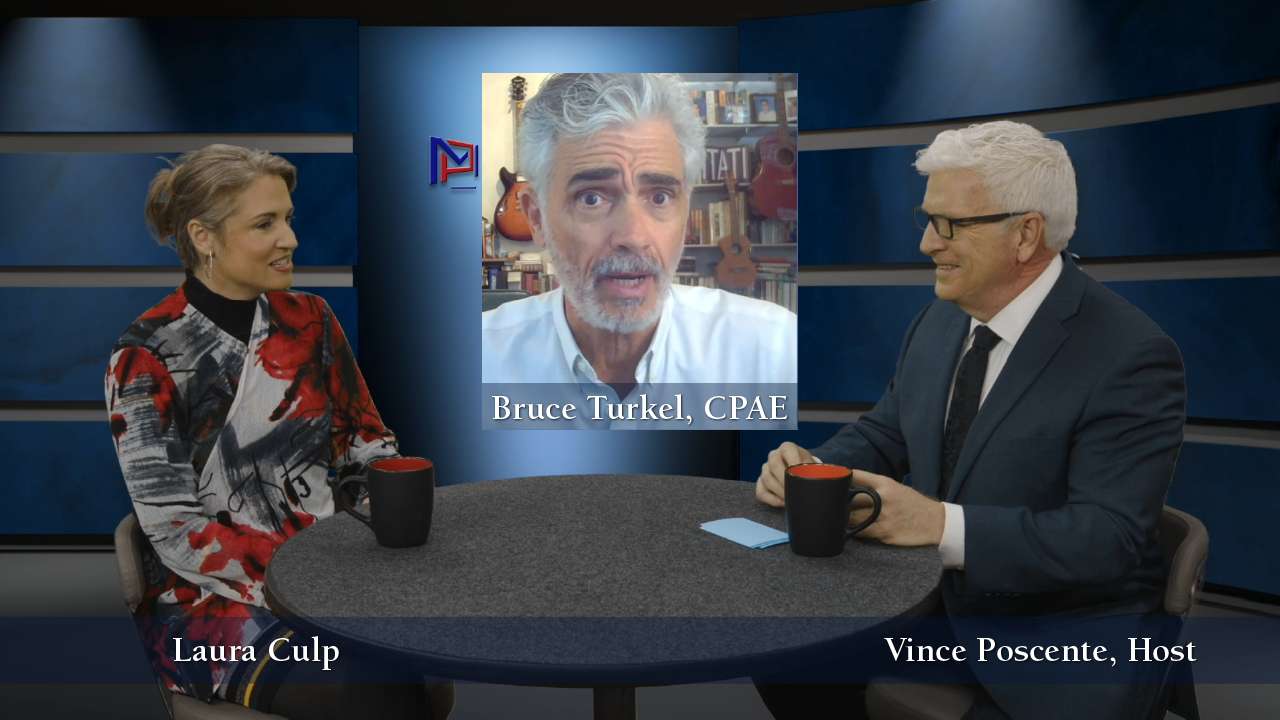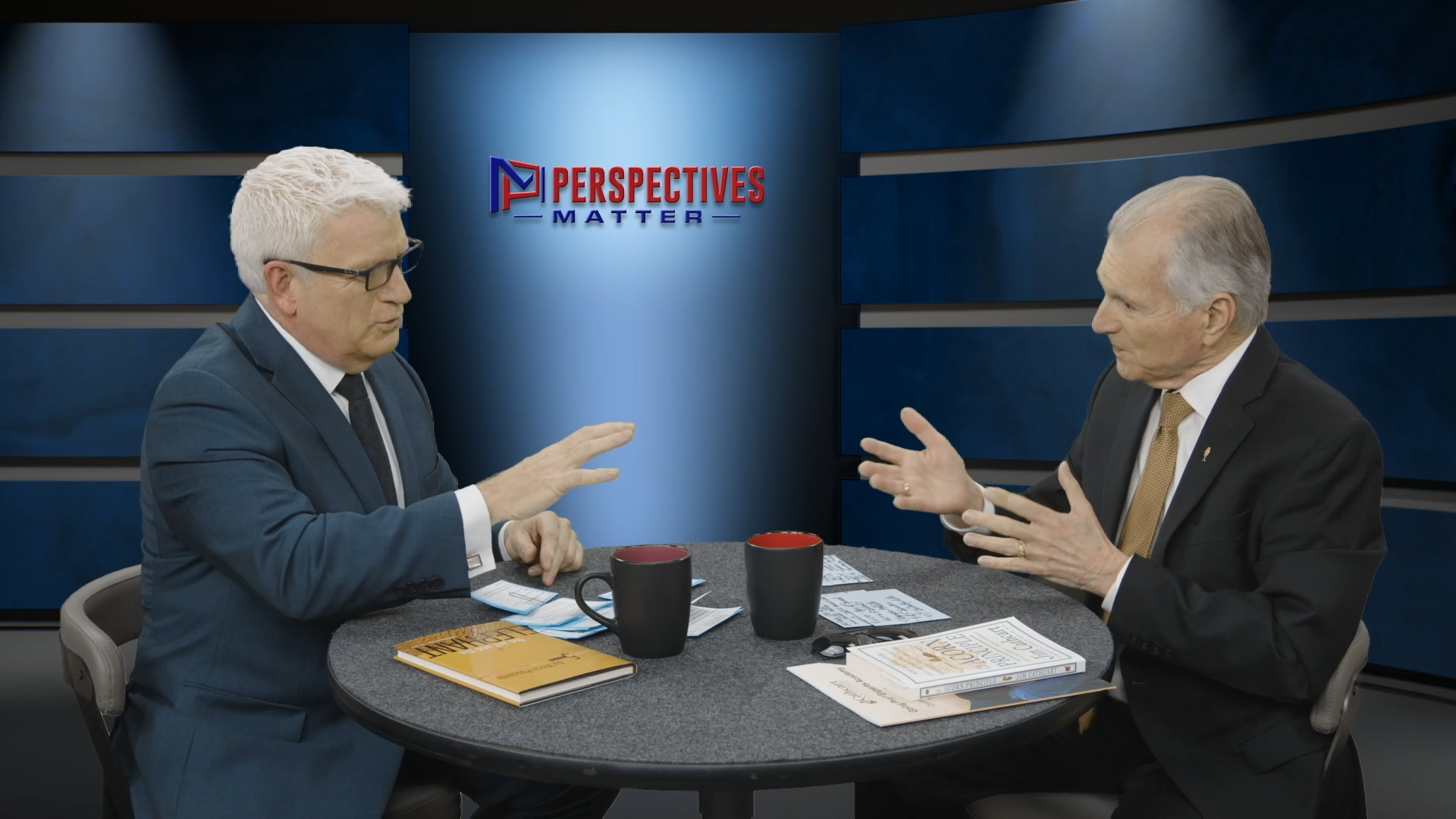In this episode of the McCuistion program, Dennis McCuistion is joined by panelists:
- Stan Liebowitz, PhD., author of Anatomy of A Train Wreck & Director for the Analysis of Property Rights and Settlement
- Richard Bitner, author of Confessions of a Subprime Lender and Associate Publisher for Housing Wire Magazine
- Gerald P. O’Driscoll, Jr., Senior Fellow Cato Institute
- Ira Silver, PhD., Texas Christian University, Neeley School of Business
The 2009 economy is breaking records and not necessarily the ones we’d like it to break. As we navigate the recession, McCuistion and the program panelists discuss the extremity of the problem, the effectiveness of government policies and the future.
We are in what could be described as a post war recession. People are feeling the crunch of increased debt, and so they are working to get out of debt. This causes a strain on the housing market and other markets that rely on acquired debt in order to stay afloat.
In September 2008 the recession officially became a serious issue. However, on a percentage basis, the 1982 recession actually resulted in a greater job loss than what the American market has experienced thus far. And although the stock market has had its failings, the decline may not be as bad as some may think. In the United States the market generally goes up each year and 2008 was not much different. In 2009 growth will likely drop 1-1.5% .
Housing is one critical component of the recession, because most housing markets are imbalanced from an inventory perspective. In order for the market to improve, there needs to be a general belief that the market has hit rock bottom. However, as public policy pushes towards foreclosure moratoriums, it will likely be 3-4 years before this happens.
The panelists go on to explain the meltdown of the mortgage industry and what led to the 2009 economy and what it will take to move forward. Citing moral hazards, reckless lending, investing and negative interest rates that caused the boom cycle, they reassure viewers that pessimists are usually wrong.
Also covered during this television segment are the positive and negative sides of the Fed’s decision to expand the money supply, changing interest rates, and each panelist’s predictions of the 2009 economy as well projections for the future state of the economy.
***
02.15.09 – 1723

